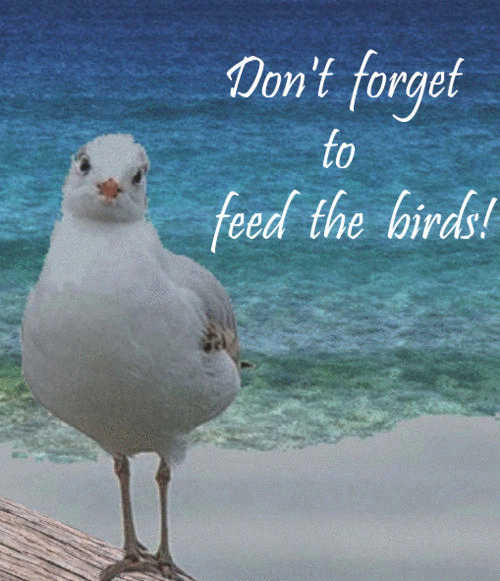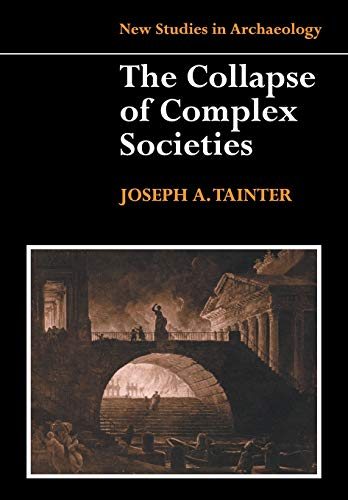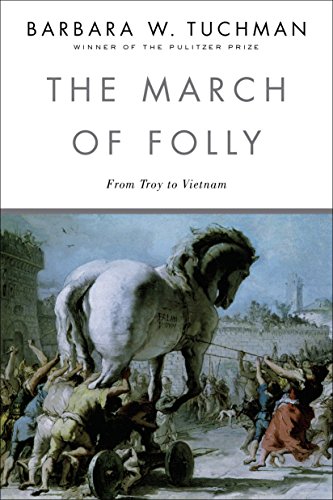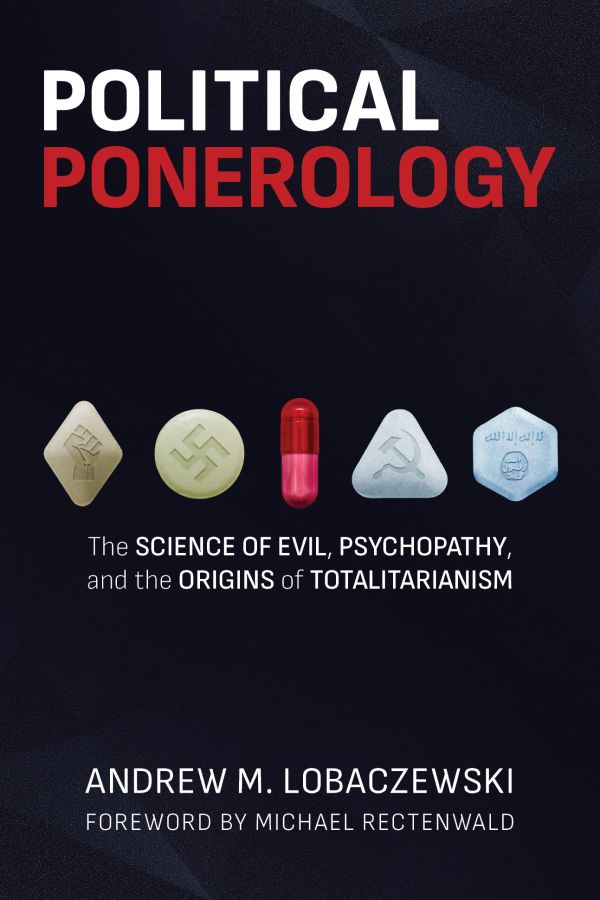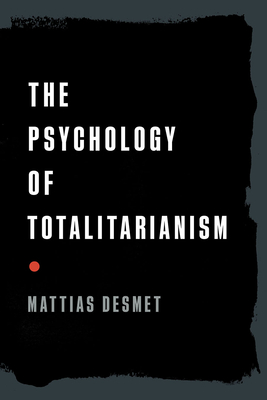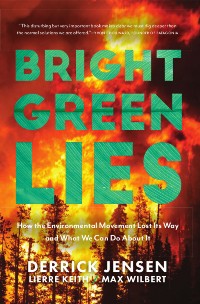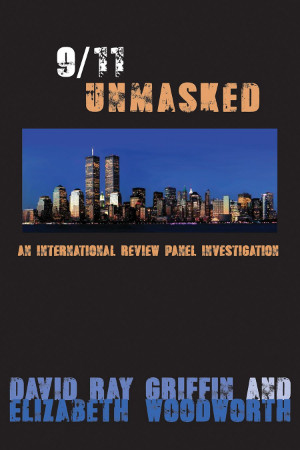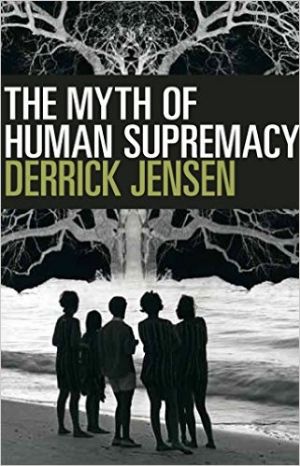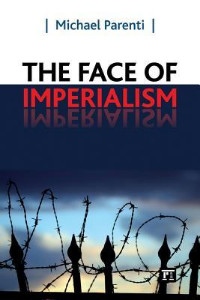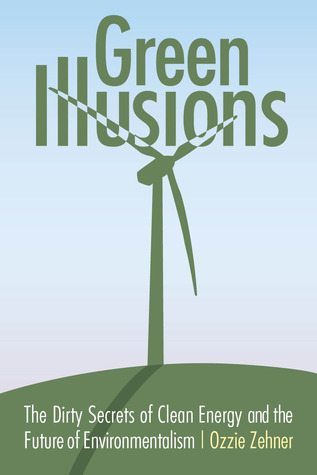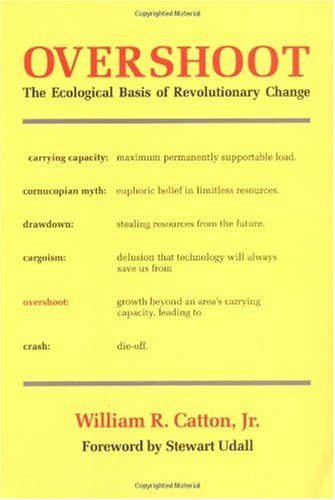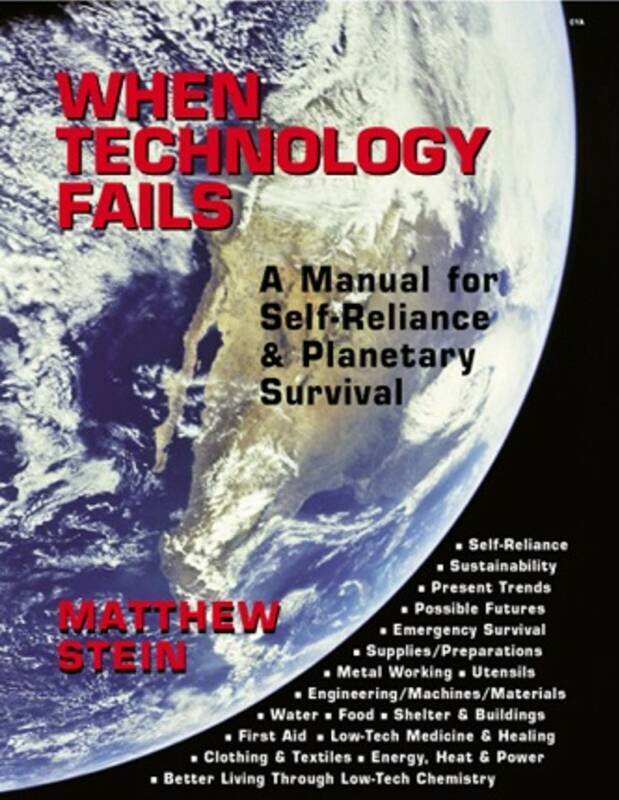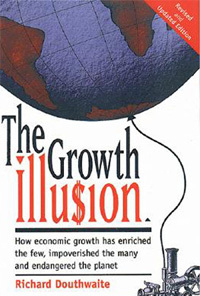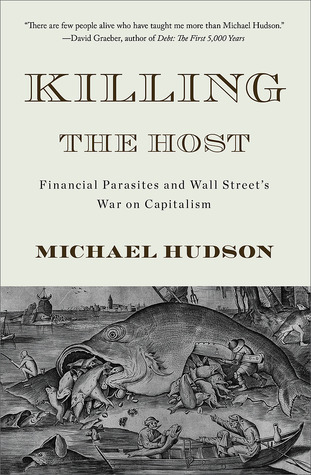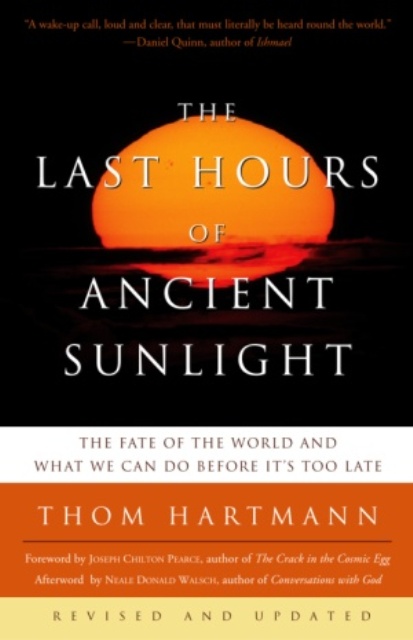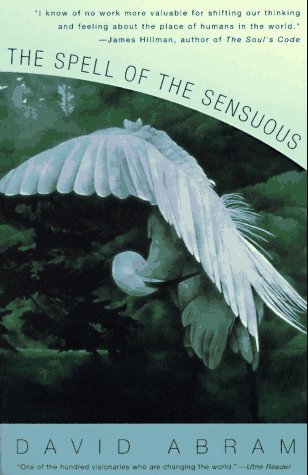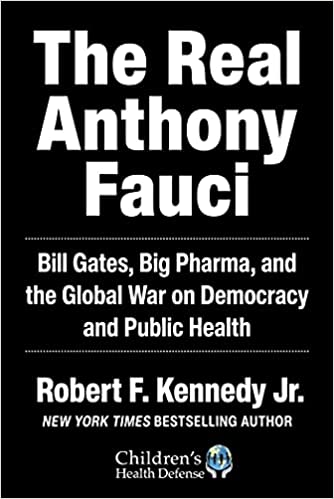Derrick Jensen’s book, A Language Older Than Words, is a landmark in environmental writing. A standard formula for eco-books is to describe the evolution of a problem, provide charts, tables, and illustrations to document the extent of the problem, and then present “solutions.” Typically these are theoretical, politically impossible, pie-in-the-sky solutions based on the premise that humankind is fundamentally rational and reasonable — solutions that require minimal adjustments to the machinery of consumer society, will not significantly interfere with perpetual economic growth, and will let us keep our cell phones, lights, and cars.
Happily, Jensen is not stuck in these ruts. Obviously, reason is not the guiding force in the journey of humankind. Obviously, if a workable and intelligent win-win solution to the Earth Crisis existed, we would have already found it and implemented it. Jung had a name for episodes of mass insanity, like Nazi Germany, or consumer society: psychic epidemics. Psychic epidemics are far more devastating than natural catastrophes (earthquakes, hurricanes), and reason is powerless to resolve them, because reason does not communicate with the unconscious.
The “language older than words” refers the voice of the living planet — the wind, the burbling brook, the ravens, the howling wolves, the rattling leaves. Everything is communicating, sharing, cooperating. Unfortunately, civilized humans have isolated themselves from the rest of the family of life. We no longer listen to the ancient language, which is always talking to us. We have become space aliens in our own home. Not coincidentally, we are racing toward catastrophe.
Most eco-writers do not reveal a spiritual connection to life on Earth. Jensen clearly does, and this adds much power to his work. He is not a professional scholar who is systematically analyzing a sub-optimal process, he’s a man who radiates love for the wild natural world, and deeply cares about it. This passion is a treasure, and it is slipping through our fingers as each generation lives in greater isolation from the sacred natural world.
Jensen’s father was a fundamentalist Christian and a wealthy businessman. He was abused as a child, and he grew up to be a violent, controlling tyrant. He physically and sexually abused his wife, sons, and daughters, including Derrick. The family lived in fear of his rage, and all of them suffered permanent emotional damage. Many years later, his father still refuses to acknowledge his violent past, and Derrick still has trouble sleeping. Jensen says that if he had to do his childhood over again, he would kill his father. He believes that it’s essentially impossible to rehabilitate an habitual abuser.
During the years of violent rage, the family members lived in a world of make believe, blocking out the fear and suffering. In order to survive the terror, they had to shut down emotionally. This family was not an unusual freak. Physical, emotional, and sexual abuse are commonplace in our society.
In many ways, on a larger scale, our global civilization resembles Jensen’s family. It’s beating and raping our planet. Similarly, we feel powerless to stop the senseless savagery. We shut down emotionally. We pretend that everything is OK. We ignore vast amounts of information, and what we can’t ignore, we forget or dismiss. Living behind a wall of fear, we become isolated from life, from our bodies, from our spirits. Isolation is poisonous.
Humans are not essentially bad, but we have had the misfortune of being born into a culture that is speeding down the path of self-destruction. Jensen says: “Within any culture that destroys the salmon, that commits genocide, that demands wage slavery, most of the individuals — myself included — are probably to a greater or lesser degree insane.” The central question of our time is this: “What are the sane and appropriate responses to insanely destructive behavior? In many ways, it is the only question of our time.”
One gift of Jensen’s traumatic childhood was that it knocked off his cultural blinders. His father was a respected member of the community — and he was also an abusive monster. Jensen came to the terrifying realization that our celebrated modern culture was as crazy and brutal as his dad. The first step on the path to healing is to acknowledge the existence of problems, to recognize the truth. Then, the process of awakening involves a series of deaths and rebirths, as useless things are tossed overboard, and replaced with healthier ones. It’s about growth, and it’s not quick or easy.
This book is a dizzying non-linear tilt-a-whirl ride that zooms round and round in the insanity of our culture. It’s a slideshow of stories, describing various outbreaks of the disease that’s destroying the world — the Sand Creek massacre, Peruvian dictatorships, the sadism of animal testing, devastating clear cuts, the destruction of the salmon, and on and on and on. He also includes stories about indigenous people who are eager to promote healing. He tirelessly explores many paths in search of coherence and understanding. It’s a messy business. The results are not neat, clean, or consistent. Jensen explodes with pain, love, intelligence, and a burning hunger for a brighter tomorrow. He is a man you will never forget.
Derrick Jensen, A Language Older Than Words, Context Books, New York, 2000. Jensen has written a long series of books on our dysfunctional relationship with the living planet. A number of essays and interviews are provided at: http://www.derrickjensen.org/
****
Richard Reese lives in Eugene, Oregon. He is the author of What Is Sustainable, Sustainable or Bust, and Understanding Sustainability. His primary interest is ecological sustainability, and helping others learn about it. His blog wildancestors.blogspot.com includes free access to reviews of more than 160 sustainability-related books, plus a few dozen rants.
Reprinted with permission from the author.



